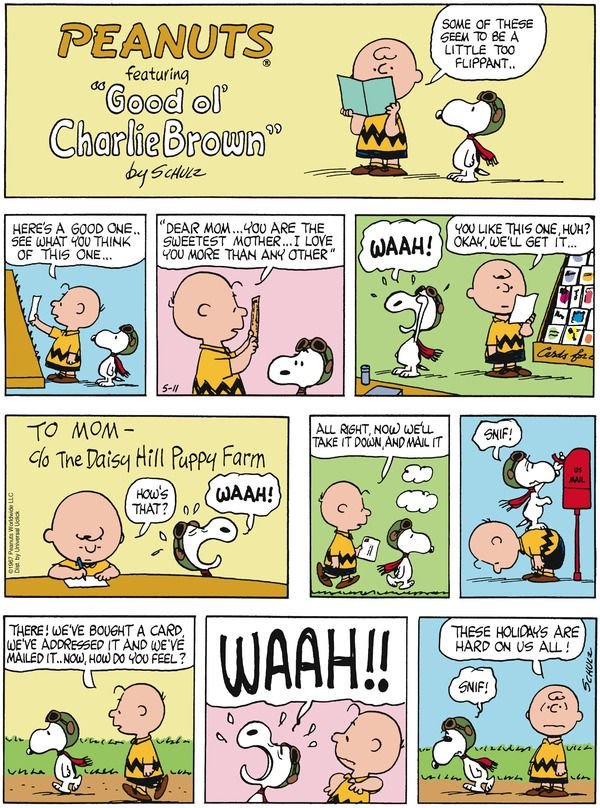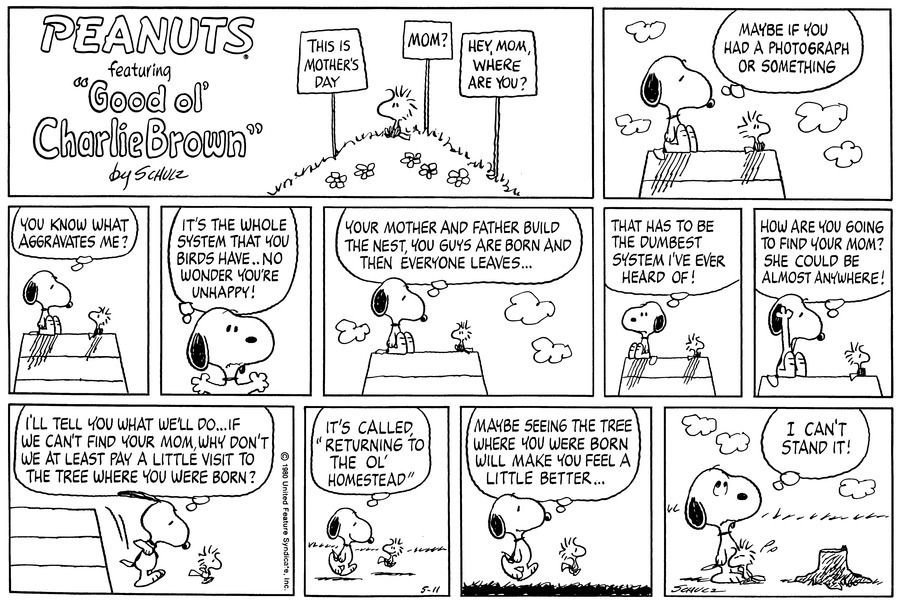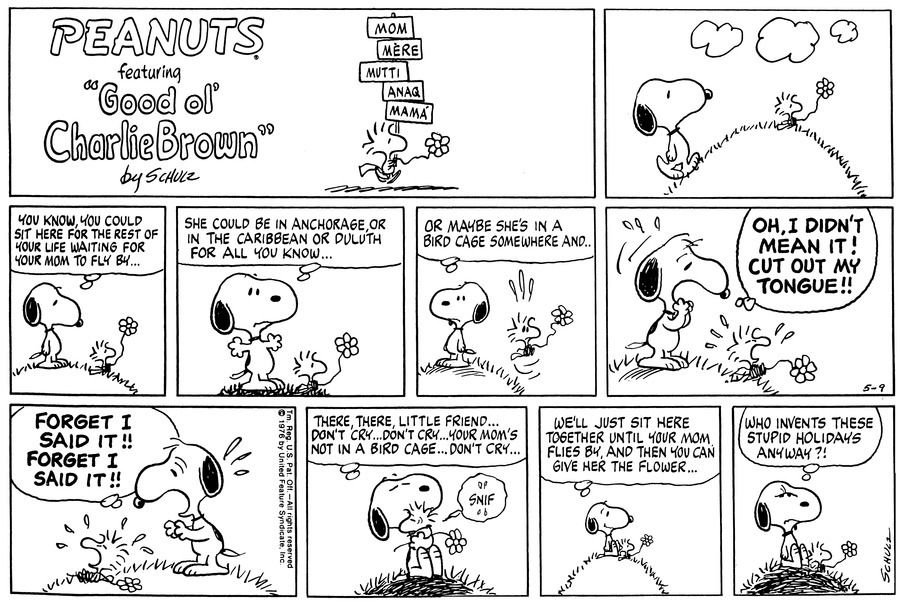Here's my Bobby Knight story, this will be a longish thread. Two years ago, I did an event with the Negro League Baseball Museum in Kansas City. The moderator told me afterward that Bobby Knight once had come to the museum and mentioned that he was a huge Cleveland Indians fan.
So I got Knight's address, mailed him a copy of "Our Team," and included my contact info. One week later, my phone rang. It was an Indiana number. I picked up and heard an unmistakable voice: "Luke, this is Coach Knight."
His voice was fainter than I remembered, but I figured that he'd simply gotten older. He thanked me for the book. To make small talk, I asked if he'd ever seen any of the players in "Our Team" in person. He paused and said, "No, I didn't see them. I'm reading about them."
I said, "I know, but did you see them as a kid in Cleveland." Again, he replied, "No, I didn't see them. I'm *reading* about them." Something felt wrong, so I thanked him for the call and then ended the call quickly.
A few days later, I got another call, this time from a different number in Indiana. It was a guy who said he'd been best friends with Bobby Knight for decades. He asked if Knight had called, and I say yes, and then he said, "Oh, I was hoping he hadn't."
He told me that Bobby Knight was suffering from Alzheimer's Disease, and it'd become so advanced that he really didn't remember much at all about being the head coach of Indiana University, that he didn't remember players or anything like that.
However, Knight could remember everything about the Cleveland Indians teams from his youth. If you held up a picture of a baseball diamond, pointed at third base, and asked, "Bobby, who played here during the 1948 season," he could shoot back "Ken Keltner" in an instant.
So this guy told me that he had dinner with Bobby Knight once or twice a week, and then afterward, he said that he read the entirety of "Our Team" aloud, and Bobby would stop him at times to say that he remembered that specific moment or game or event.
And he called me to tell me that the book had given comfort not only to Bobby Knight but to him, to recover, if only momentarily, the conversation with the friend he'd known for decades.
I gotta tell ya, it was a strange feeling for me. I grew up in Illinois, most of my family that attended college had gone to the University of Illinois, and if there was one thing that they could agree on, it's that Bobby Knight was the enemy, the more powerful rival in Indiana.
But more strange than that was just knowing that in Knight's last few years, he was finding meaning in a book that I'd written, that it gave him and those around him comfort. I don't know--it was the first time that I understand the book as something larger than me.
I still haven't fully processed it. I never thought that I'd ever have a link with Bobby Knight, but then again, he probably never thought the same of me. All I can say is, it's an honor to know that something I put out alleviated those final tough years of his life. RIP.
And of course, for those with an interest in my book "Our Team," about Larry Doby, Satchel Paige, and the 1948 Cleveland Indians, you can order a copy here: amazon.com/Our-Team-Satch…
• • •
Missing some Tweet in this thread? You can try to
force a refresh

 Read on Twitter
Read on Twitter















